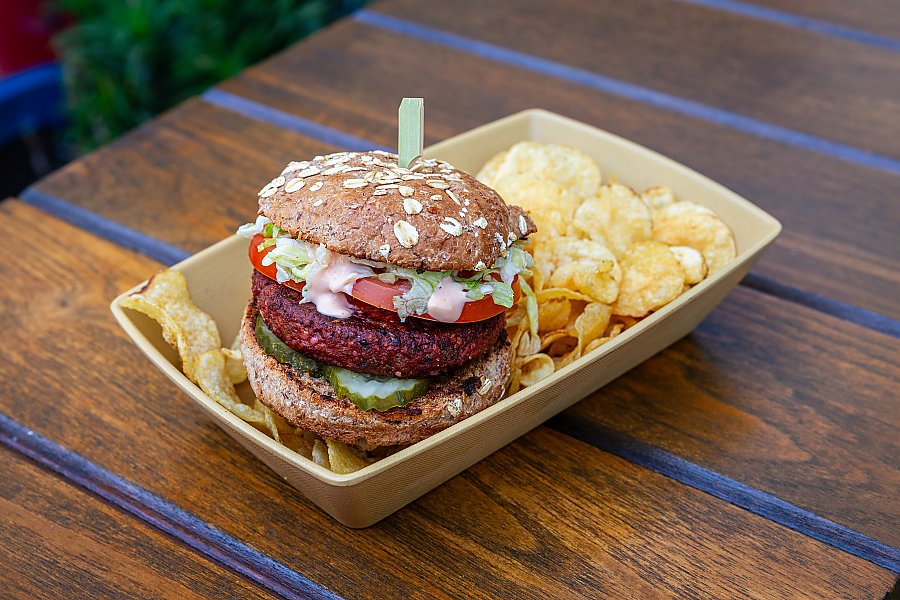To Reduce the Impacts Of Climate Change, Aquarium of the Pacific and Savor Launch New Expansive Plant-Based Café Menu and Other Sustainability Initiatives
New daily café menu to include an expansive range of chef-created plant-based food and sustainable seafood options, along with other sustainability initiatives

Credit: Aquarium of the Pacific
October 10, 2023
October 10, 2023, Long Beach, CA—One third of global greenhouse gases that contribute to climate change come from food and its production. In an effort to offer more sustainable food choices for its more than 1.5 million annual visitors, the Aquarium of the Pacific and its inhouse caterer SAVOR, the culinary division of ASM Global (the managing company of the world’s largest portfolio of live entertainment experiences), are launching a new daily café menu to include an expansive range of chef-created plant-based food and sustainable seafood options, along with other sustainability initiatives.
“I worry that all the talk about electric vehicles and billion-dollar renewable energy investments is creating an impression we have the climate problem under control when the opposite is the case. One need only reflect on increasingly severe wildfires and hurricanes to realize that it is time to forego patience and commit to doing all we can in the next two to three years, not the next two to three decades when it comes to tackling climate change,” said Dr. Peter Kareiva, Aquarium of the Pacific president and CEO.
In terms of climate change and food production, the challenge is to find ways to reduce the greenhouse gas emissions associated with our food systems, while still feeding the world’s population. One way of doing this is to increasingly rely on plant-based as opposed to animal-based protein. Animal-based foods use significantly more land, water, and produce more greenhouse gas emissions compared to those that are plant-based.
“Choosing plant-based foods and sustainable seafood in place of beef, chicken, and pork even just a few times a week can lower the carbon footprint of a household. If we collectively make these small changes, it can make a positive impact on our planet,” said Fahria Qader, Aquarium of the Pacific director responsible for sustainability initiatives at the Aquarium.
The new menu at the Aquarium features plant-based foods such as burgers, salads, sandwiches, and nachos all made without meat. It also includes other options for visitors such as sustainable seafood from clam chowder to poke certified by the Marine Stewardship Council. Sustainable dining operations at the Café includes offering canned water instead of single-use plastic water bottles, the use of reusable plateware and cups, and separate compost bins for food scraps.
An especially important component of the Aquarium’s commitment to sustainable food is reducing methane emissions. In the first twenty years after it is released into the atmosphere, methane is eighty-six times more powerful at trapping heat in the atmosphere than carbon dioxide. For this reason, the Aquarium has invested in food dehydrators so that food scraps can be processed on site instead of going to a landfill where the food waste would release methane as it decomposes. Methane’s global warming potential is a major reason why scientists are trying to find ways of reducing the methane associated with dairy and beef production.
The Aquarium of the Pacific was the first among museums, zoos, and aquariums in the nation to register its greenhouse gases and is a leader in green practices. The Aquarium’s latest major expansion, Pacific Visions, earned Two Green Globes certification from the Green Globes® building rating system for demonstrating leadership in best practices regarding environmental efficiency. The Aquarium has been a Climate Action Leader since 2007, reducing its carbon footprint by nearly 50 percent, water consumption by 20 percent, maintaining its energy use at a constant level even while expanding the building footprint, and eliminating its organic waste from the waste stream. Visitors can also learn how their choices in food, water, and energy can help reduce impacts on climate change as they explore multimedia exhibits and a short film in Pacific Visions during their visit to the Aquarium.

